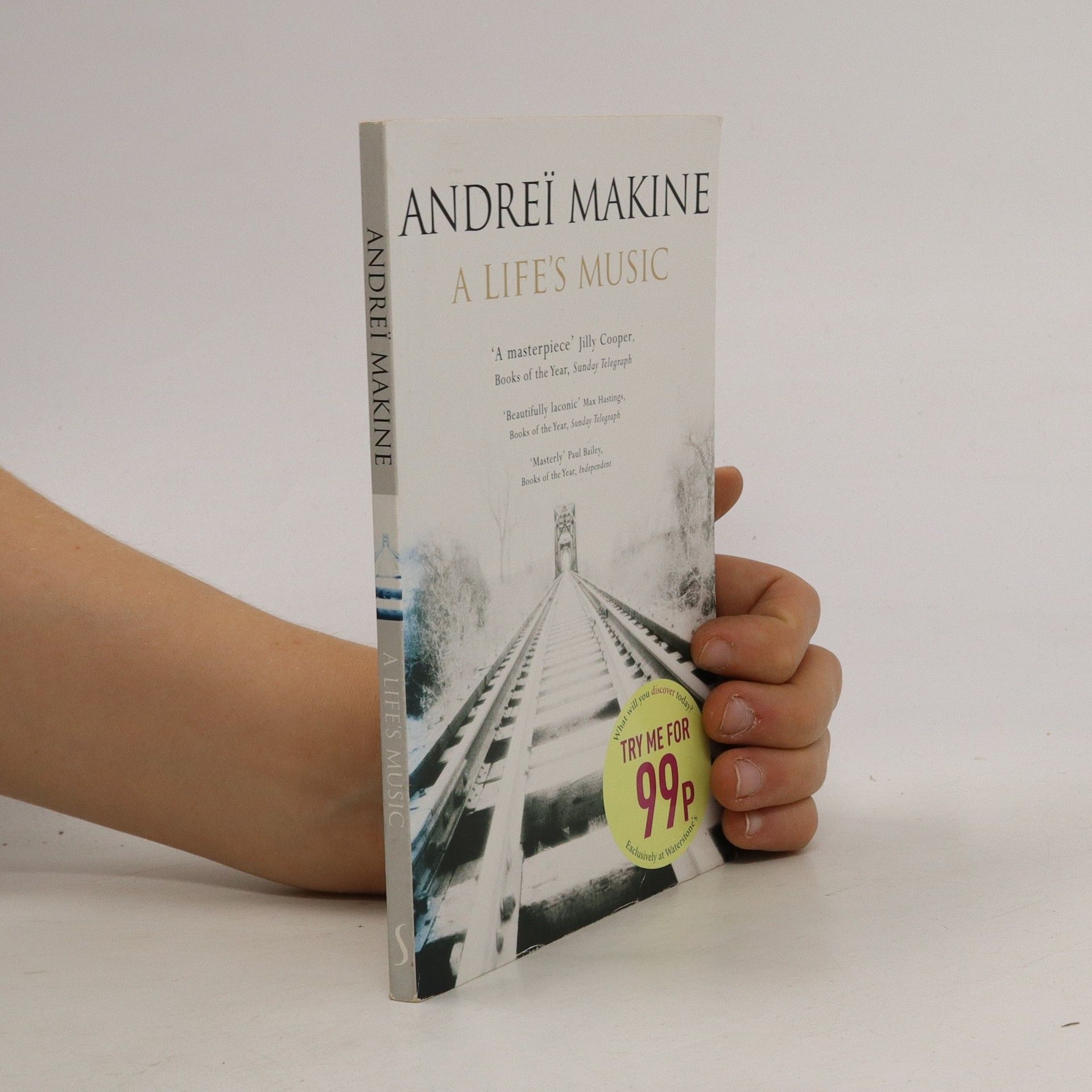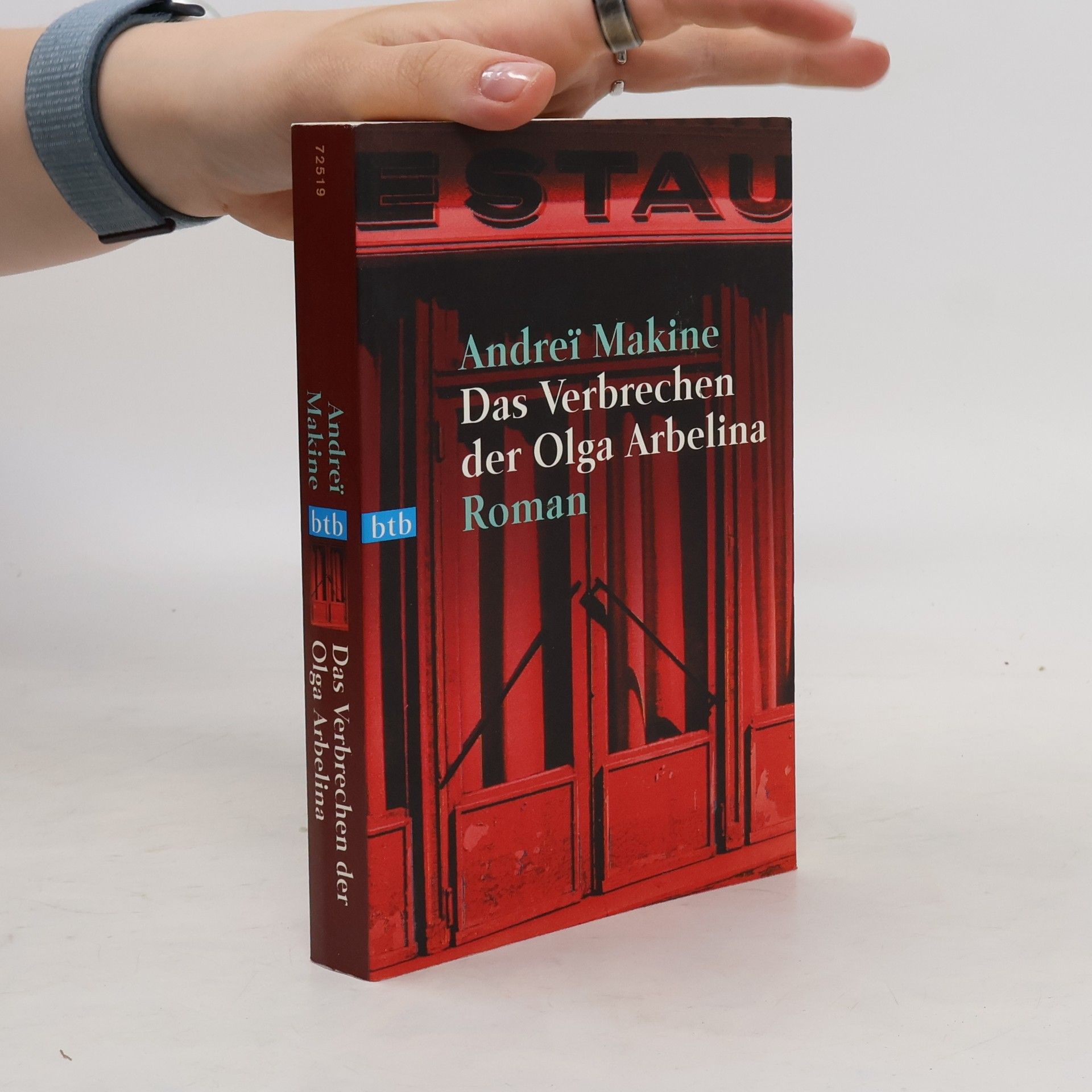A tense Siberian Western set in the inhospitable, boundless Russia taiga at the height of the Cold War
Andreï Makine Books
Andreï Makine crafts narratives that bridge worlds, exploring the profound intersections of memory, culture, and identity with exceptional linguistic grace. Having navigated the complexities of exile and cultural duality himself, his work delves into the deep emotional landscapes of human connection and the search for belonging. Makine's prose possesses a rare ability to evoke distant histories and intimate experiences, making him a distinctive voice in contemporary literature. His writing serves as a powerful testament to the enduring spirit and the intricate tapestry of the human heart.


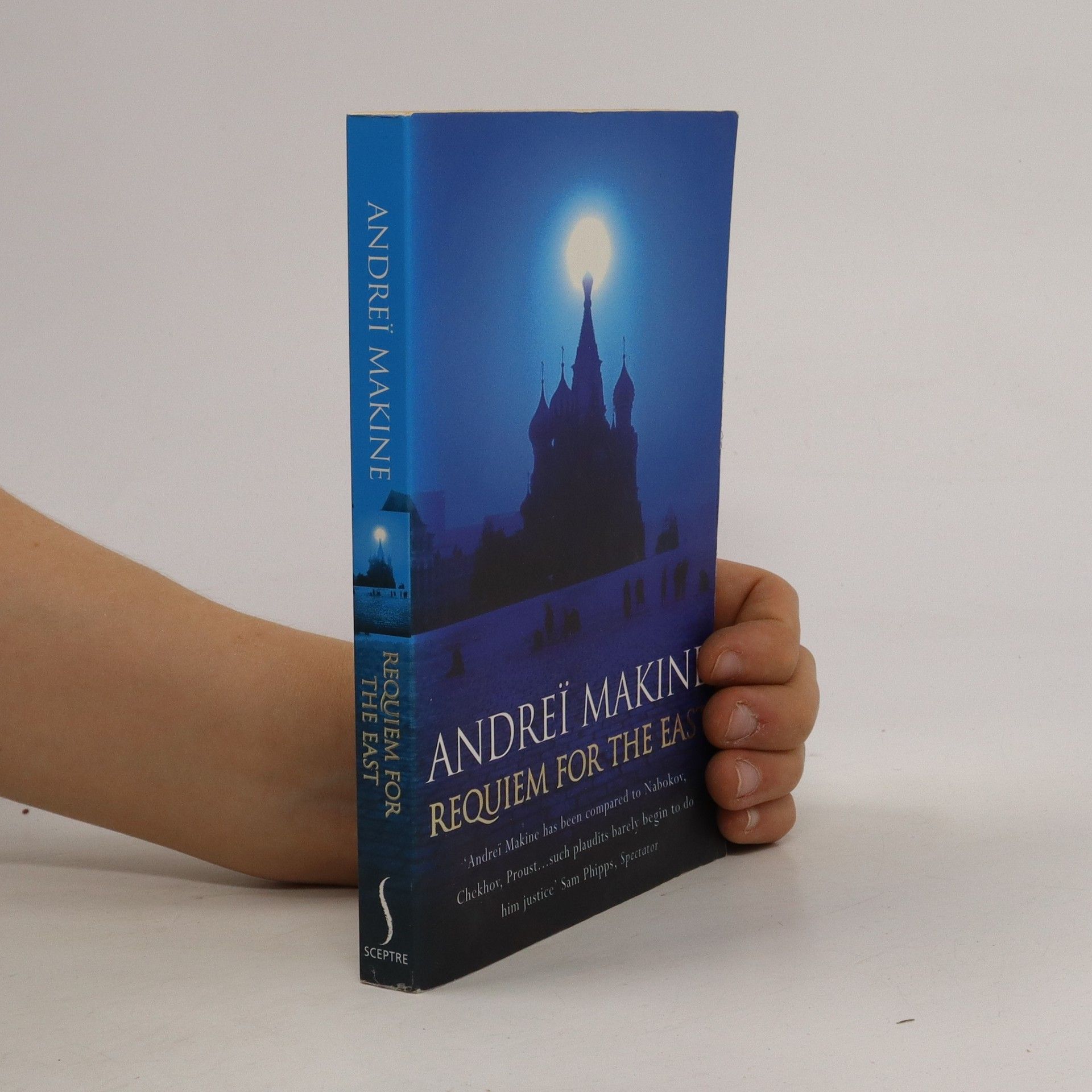
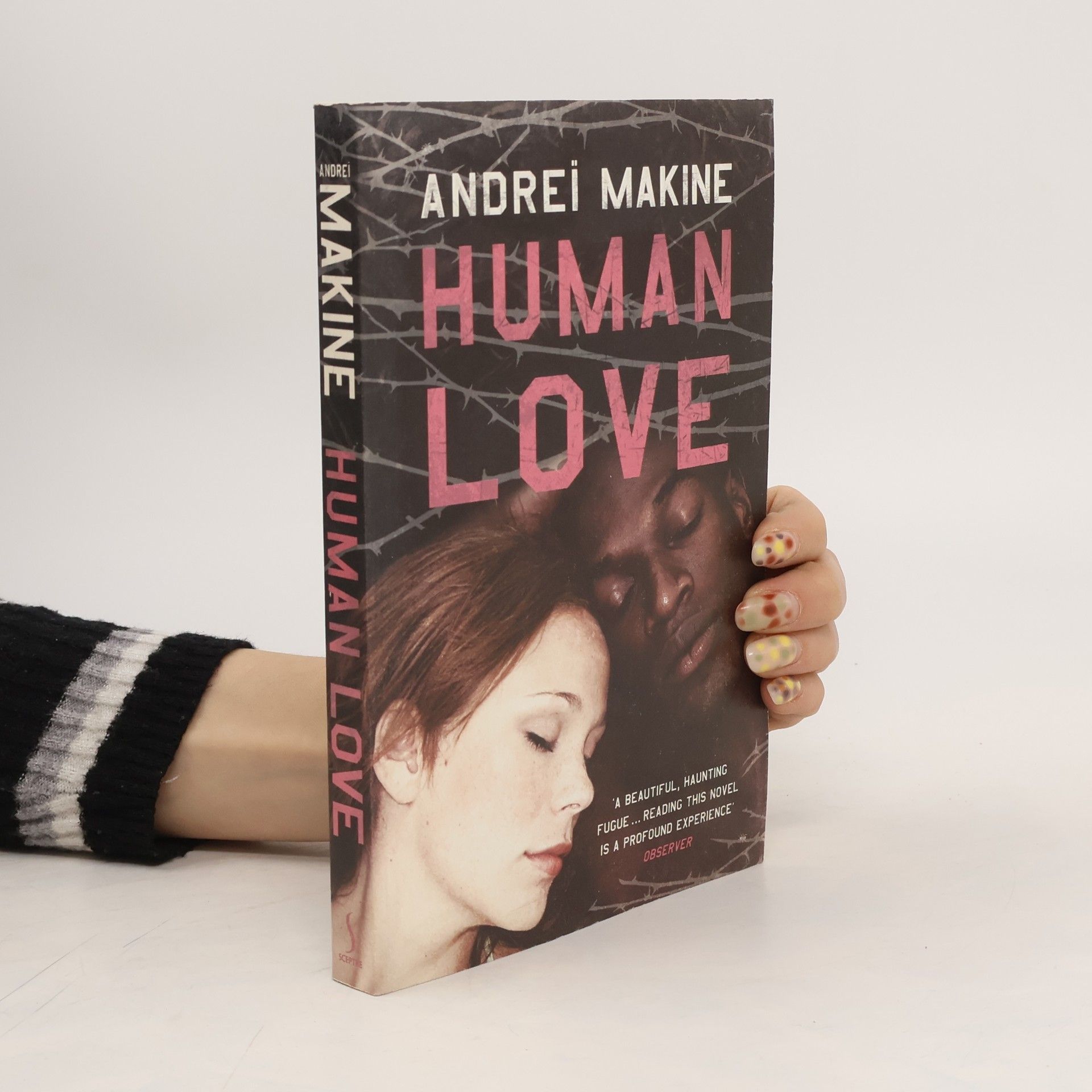
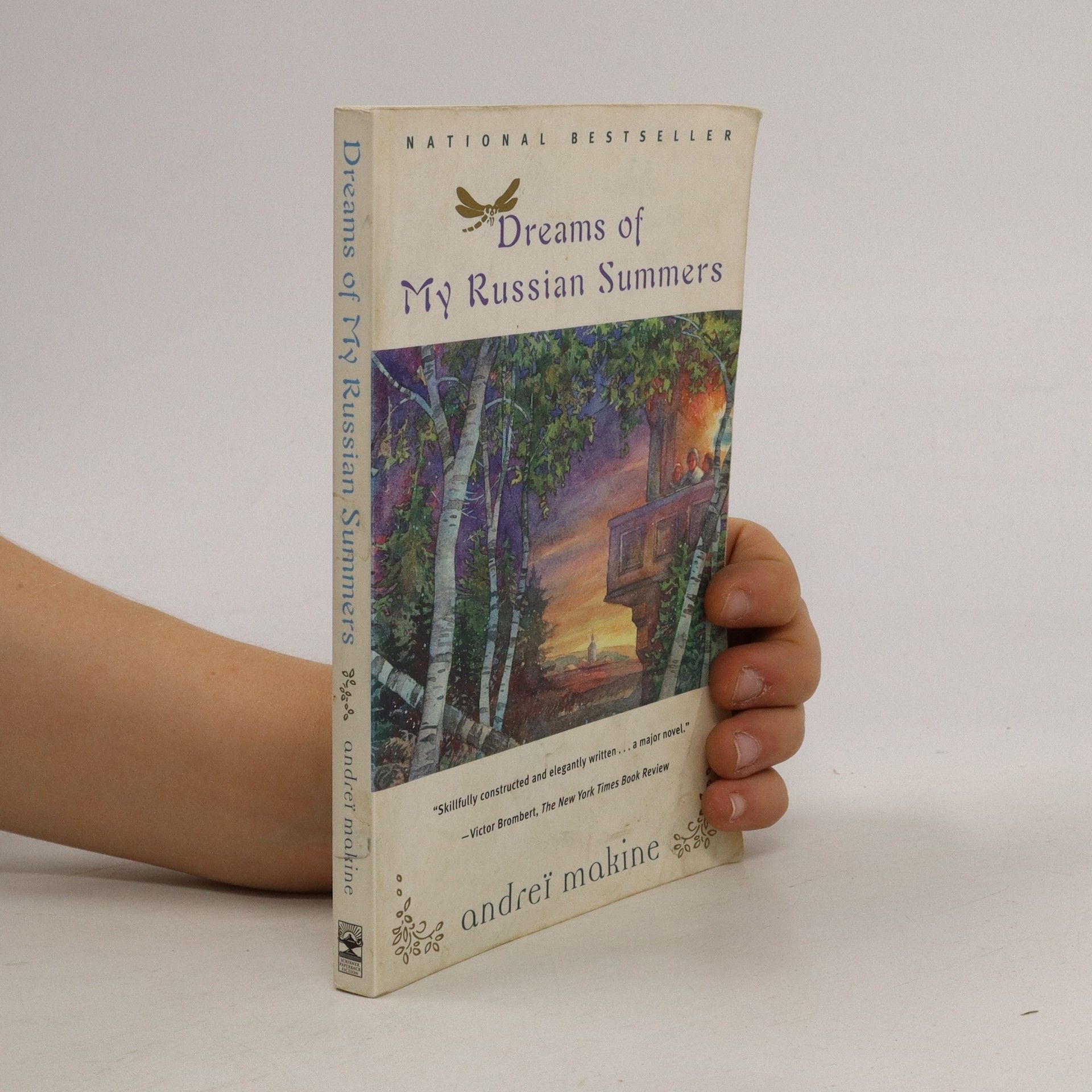


Set in Siberia in the 1970s during the decline of the Soviet Empire, the adult narrator looks back on a childhood friendship formed with an Armenian boy called Vardan. A story about how one friendship can shift our perspective and irrevocably change our lives.
This international bestseller has been translated into 26 languages and is the first work to win both of France's top literary honors. "A masterpiece. . . . Makine belongs on the shelf of world literature--between Lermontov and Nabokov, a few volumes down from Proust".--"The Atlanta Journal".
As shocking as it is moving, a novel about love, ideology and man's inhumanity to man by the internationally renowned Makine.
Requiem for the East
- 272 pages
- 10 hours of reading
Amid the ashes of the Soviet Union a Russian army doctor turned spy addresses the woman he loves - a fellow spy who has shared his shadowy life in Africa, Europe and the Middle East, but who has disappeared. The tale he unfolds spans three generations of his family, ordinary people caught up in the convulsions of the Russian empire in the twentieth century, from the civil war through the Second World War to beyond the fall of communism. It is a tale of brutality and soured dreams yet also one of altruism, tenacity and immense courage, written by a master.
The Woman who Waited
- 182 pages
- 7 hours of reading
When a young writer arrives in a remote Russian village to study local customs, one woman stands out: Vera, who has been waiting thirty years for her lover to return from the Second World War. He sets out to win her affections, but the better he thinks he understands her the more she surprises him.
A magnificent story of courage and survival in the face of great adversity schovat popis
The Earth and Sky of Jacques Dorme
- 224 pages
- 8 hours of reading
An astounding novel that penetrates the 20th-century experience, from one of Europe's most feted authors
An einem warmen Frühsommertag 1947 machen die Bewohner einer kleinen Provinzstadt vor Paris eine verstörende Entdeckung: Am Flussufer liegt ein älterer Mann mit zertrümmertem Schädel, neben ihm sitzt reglos eine schöne Frau mit entblößter Brust. Die Szene spricht eindeutig von einem Verbrechen, doch niemand kann glauben, was sich ihnen darbietet. Der Mann ist Goletz, ein bekannter Arzt, und die Frau, Olga Arbelina, ist eine russische Emigrantin, die mit ihrem Sohn in der Gemeinde lebt und die örtliche Bibliothek betreut. Welches Geheimnis verbindet die beiden? Während der Untersuchungsrichter versucht, die Geschehnisse aufzuklären, wird Olgas ungewöhnliches Vorleben offenbar. In Sankt Petersburg geboren, wurde sie 1917 durch die Revolution aus ihrem wohlhabenden Leben vertrieben und heiratete schließlich den Fürsten Arbelin, bevor sie nach Frankreich zog. Nach dem Scheitern der Ehe tauscht sie das aufregende Leben in Paris gegen das eintönige Exil in der Provinz. Trotz aller Höhen und Tiefen hat sie das Glück nicht gefunden, das sie suchte. Doch während des kalten Nachkriegswinters 1946/47 erkennt sie, dass sie noch nicht am Ziel ist und es Grenzen gibt, die sie noch nicht überschritten hat.
Une femme aimée
- 362 pages
- 13 hours of reading
À Leningrad, Oleg Erdmann, apprenti cinéaste, survit en travaillant à l'abattoir. Il rêve de réaliser un film sur l'impératrice Catherine II et soumet son scénario au Comité d'État pour l'art cinématographique. Prix Casanova 2013.
